Scientific Discoveries That Suggest God Did Create the Universe
A book written by a Cambridge-educated philosopher aims to prove that the universe was created from intelligent design by a transcendent God.
Stephen Meyer’s arguments are laid out in his book, “The Return of the God Hypothesis,” which suggests that three of the past century’s greatest scientific achievements directly point toward the existence of God.
Scientific Atheists Are Against the Idea of God
The concept of a transcendent God as the creator of the universe has been a longstanding belief held not only by the general public but also by scientists and researchers. However, it is important to acknowledge that others within these groups hold contrasting views.

Source: Freepik
Richard Dawkins, an Oxford biologist and proud atheist, is part of a wide group of new-age atheists who persistently insist science itself excludes the possibility of a God.
New Book Suggests Atheists Have Been Wrong All Along
In his book, “River Out of Eden,” Dawkins writes, “The universe that we observe has precisely the properties we should expect if there is, at the bottom, no design, no purpose, no evil, no good, nothing but pitiless indifference.”

Source: Freepik
However, another book appears to dismiss the theory postulated by Dawkins and those with similar beliefs. It suggests several of the greatest scientific discoveries made in the last century are evidence that God did, in fact, create the universe.
The Major Discoveries That Support the God Hypothesis
Meyer suggests that findings such as the beginning of the universe, the intricate fine-tuning of the world and the wider universe, and digital coding contained in DNA are all proof that the cosmos was made with intelligent design.

Source: Freepik
Meyer’s three major discoveries in his book appear to directly contradict the theories of scientific atheists, suggesting that God created the universe.
The Beginning of the Universe
First on Meyers’s list of arguments is the idea that the universe came into existence at some distant point in the past. For a long time, the widely accepted theory was that the universe had always existed, with many defining the cosmos as eternal.
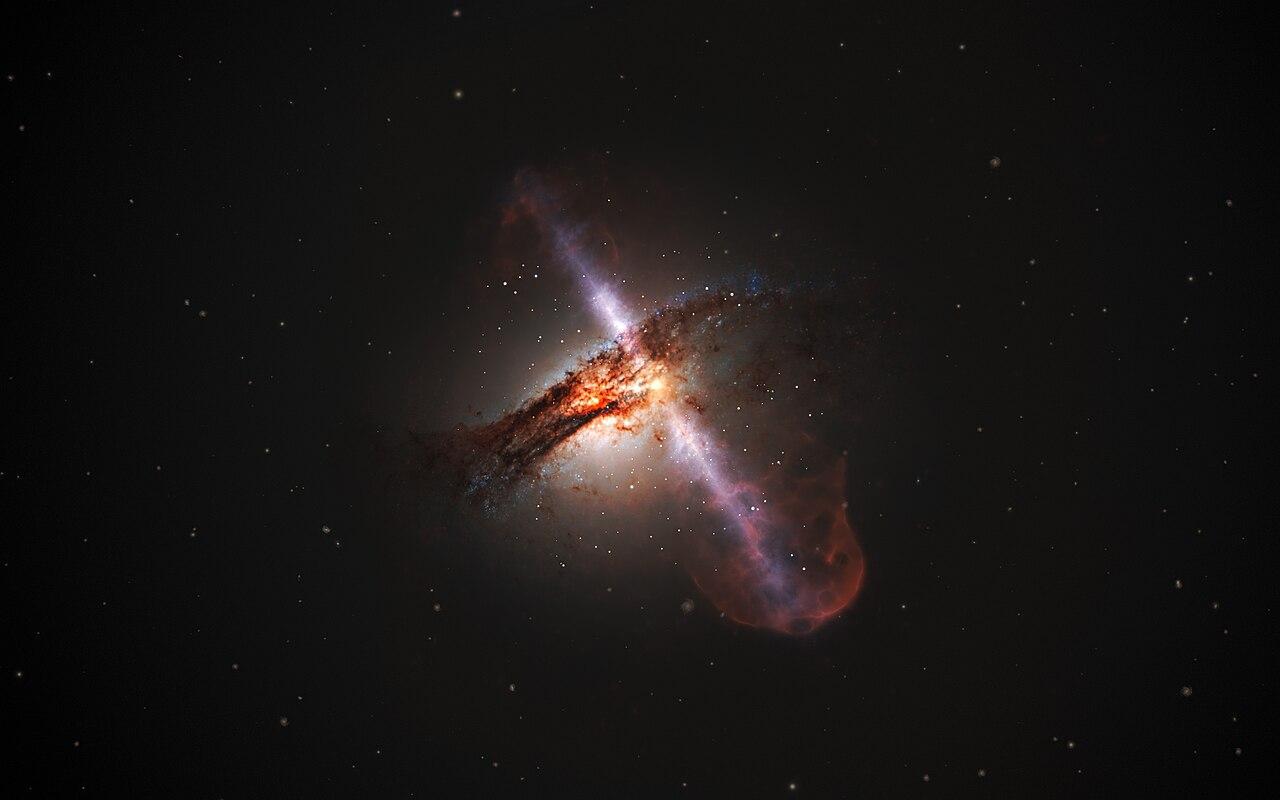
Source: Wikimedia
However, cosmologists have all but proven this theory wrong, suggesting that the universe did, in fact, have a beginning that occurred around 13.8 billion years ago.
Evidence the Universe Had a Beginning
The evidence supplied by cosmologists to suggest the universe had a beginning stems from the work of Edwin Hubble and Georges Lemaître, who were able to show that galaxies are actually moving away from Earth.
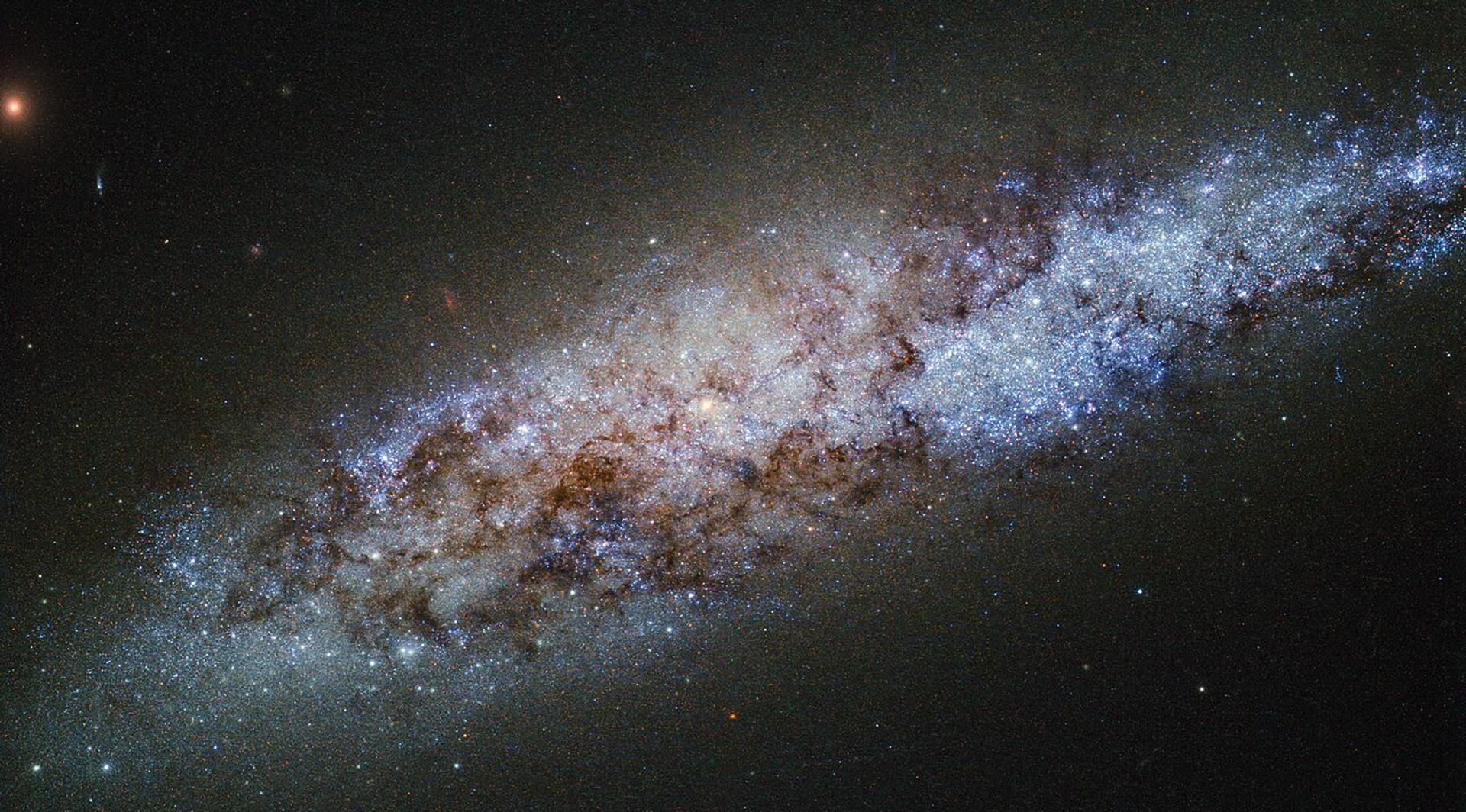
Source: Wikimedia
This theory is supported by red-shift evidence sourced from distant galaxies, ultimately suggesting that the universe is expanding outwards from a single point or beginning.
Red-Shift Evidence Dismisses Einstein's Static Universe Theory
The redshift evidence dismissed the long-standing steady-state universe theory, which held that the universe had no particular beginning or end. Many renowned physicists, including Einstein, believed in this theory.
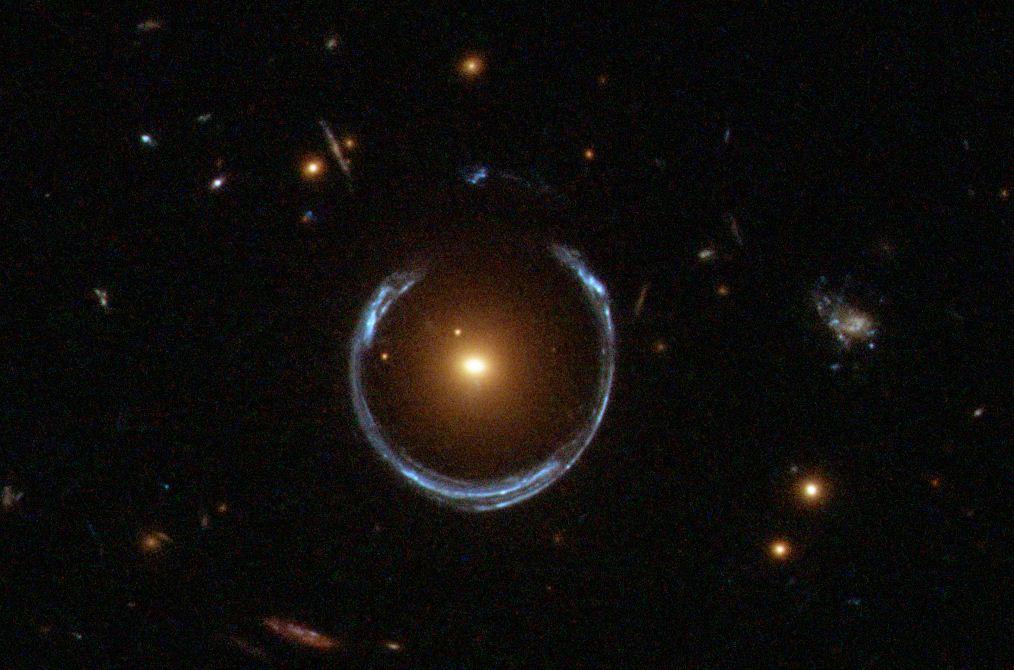
Source: Wikimedia
However, in 1931, Einstein paid a visit to Hubble, where he was shown further evidence of the red shift. Einstein later acknowledged the cosmic beginning and called his initial hesitancy the greatest blunder of his professional career.
Creation of the Universe Aligns With Theistic Views
The idea that the universe had a starting point directly aligns with the God hypothesis. Researchers such as Arno Penzias suggested that such a belief aligned with biblical depictions of the creation.

Source: Freepik
Number two on Myer’s list is the precise nature of the universe as if someone had programmed it using super-intelligence to allow life to exist.
Fine Tuning of the Universe
Scientists often use the term “Goldilocks universe” to define the finely tuned aspects of our universe that allow life to blossom. At its core, the cosmos has fundamental physical laws without which life could not exist.
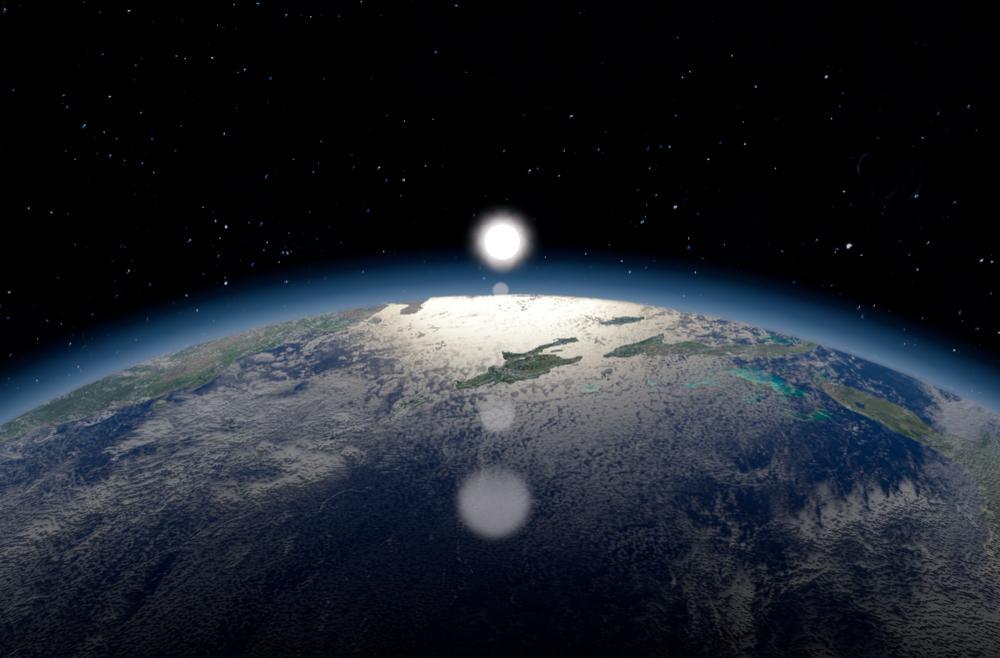
Source: Wikimedia
Any kind of minor change in aspects such as particle mass or gravitational strength would have rendered life impossible, yet here we are. Many researchers refer to this fine-tuning as credible evidence of a creator God.
Digital Codes in DNA
Meyer’s third argument for his God hypothesis stems from the discoveries made in biology, and more specifically, DNA. In 1953, work completed by James Watson and Francis Crick led to the “sequence hypothesis.”

Source: Wikimedia
Researchers have suggested that DNA functions in a similar manner to a written language or computer coding. The various sequences of genetic information share a striking similarity to software code.
An Intelligent Creator Behind DNA
There is no credible chemical evolution explanation for the origin of the complex sequencing of DNA. To this day, it remains one of science’s greatest mysteries.
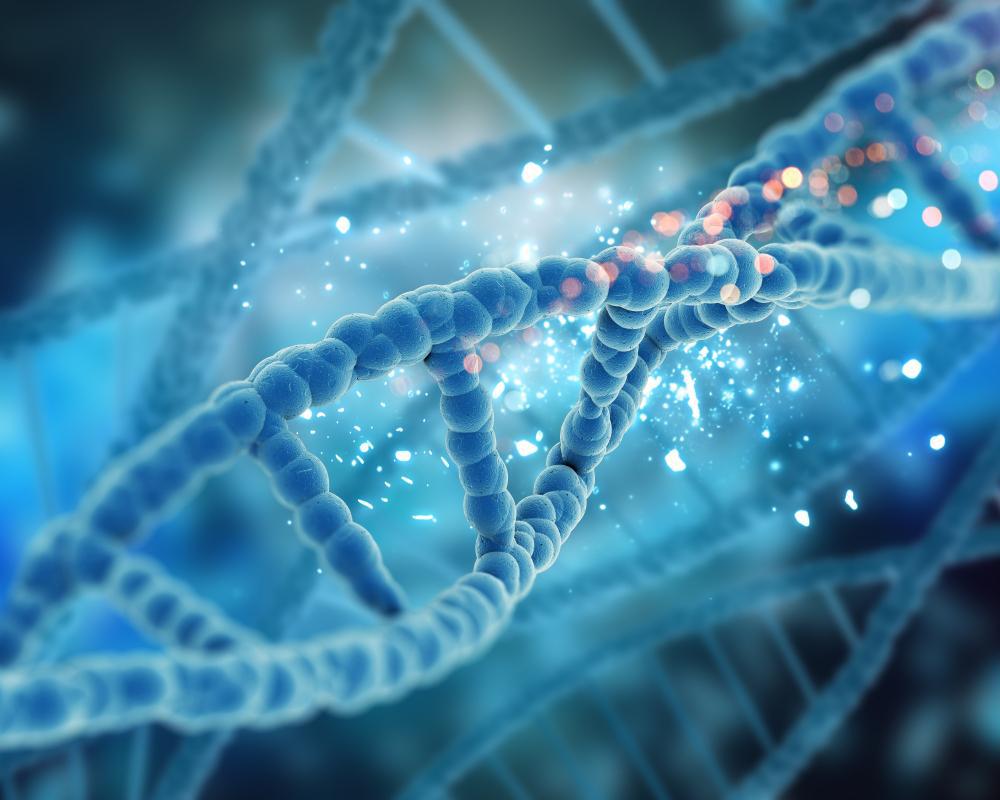
Source: Freepik
However, reasoning does suggest that any kind of information system results from intentional and intelligent causes. Thus, researchers have used this observation to suggest that an intelligent designer is behind the complex DNA system and, therefore, life in the universe.
Complex Information Arises From Intelligent Design
Meyer goes much further into detail in his book on all three previously mentioned scientific discoveries. Many agree that he makes a fair point about the idea of an intelligent creator or God.

Source: Freepik
Henry Quastler, the famed Austrian physician and radiologist, once said, “Information habitually arises from conscious activity.” This comment suggests that the discovery of complex systems in the expansive universe and minuscule cells suggests God created life.
Quantum Mechanics and the God Hypothesis
Quantum mechanics reveals the strange behavior of particles at the smallest scales. Quantum entanglement shows particles remain connected over vast distances, suggesting an underlying order.

Source: Public Domain/RawPixel
This mysterious interconnectedness points to a level of design that some argue aligns with a transcendent creator. The intricate nature of quantum phenomena challenges purely atheistic explanations.
The Anthropic Principle
The anthropic principle notes that the universe’s laws seem perfectly tuned for life. Small changes in fundamental constants would make life impossible.
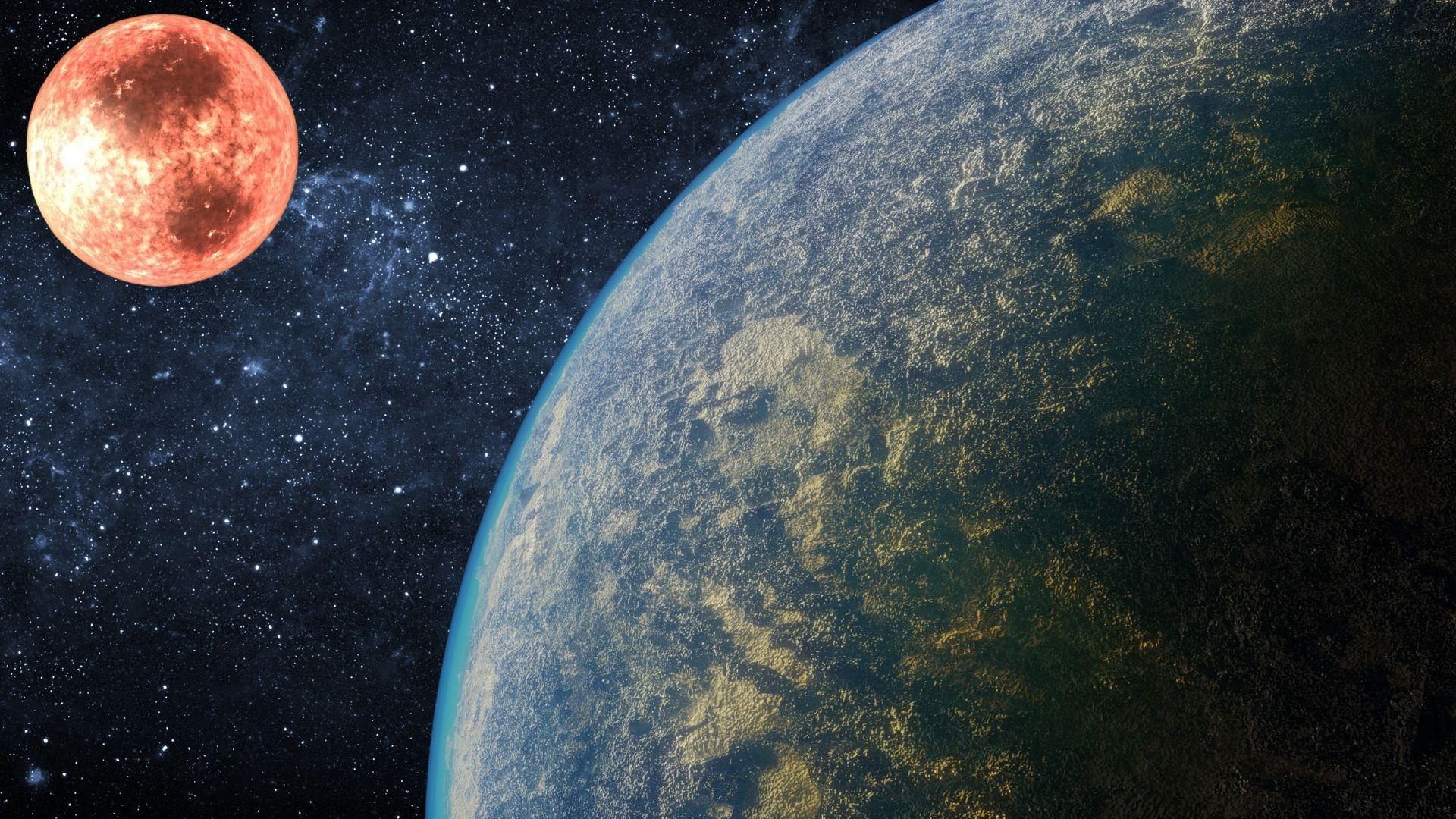
Source: Canva/Canva/Wikimedia
This fine-tuning suggests intentional design, as the exact conditions needed for life appear more than coincidental. The precise balance of physical laws supports the idea of a creator who designed the universe with purpose.
The Role of Consciousness
Consciousness remains one of science’s most profound mysteries. It cannot be fully explained by physical processes alone. Some researchers propose that consciousness points to a higher intelligence.
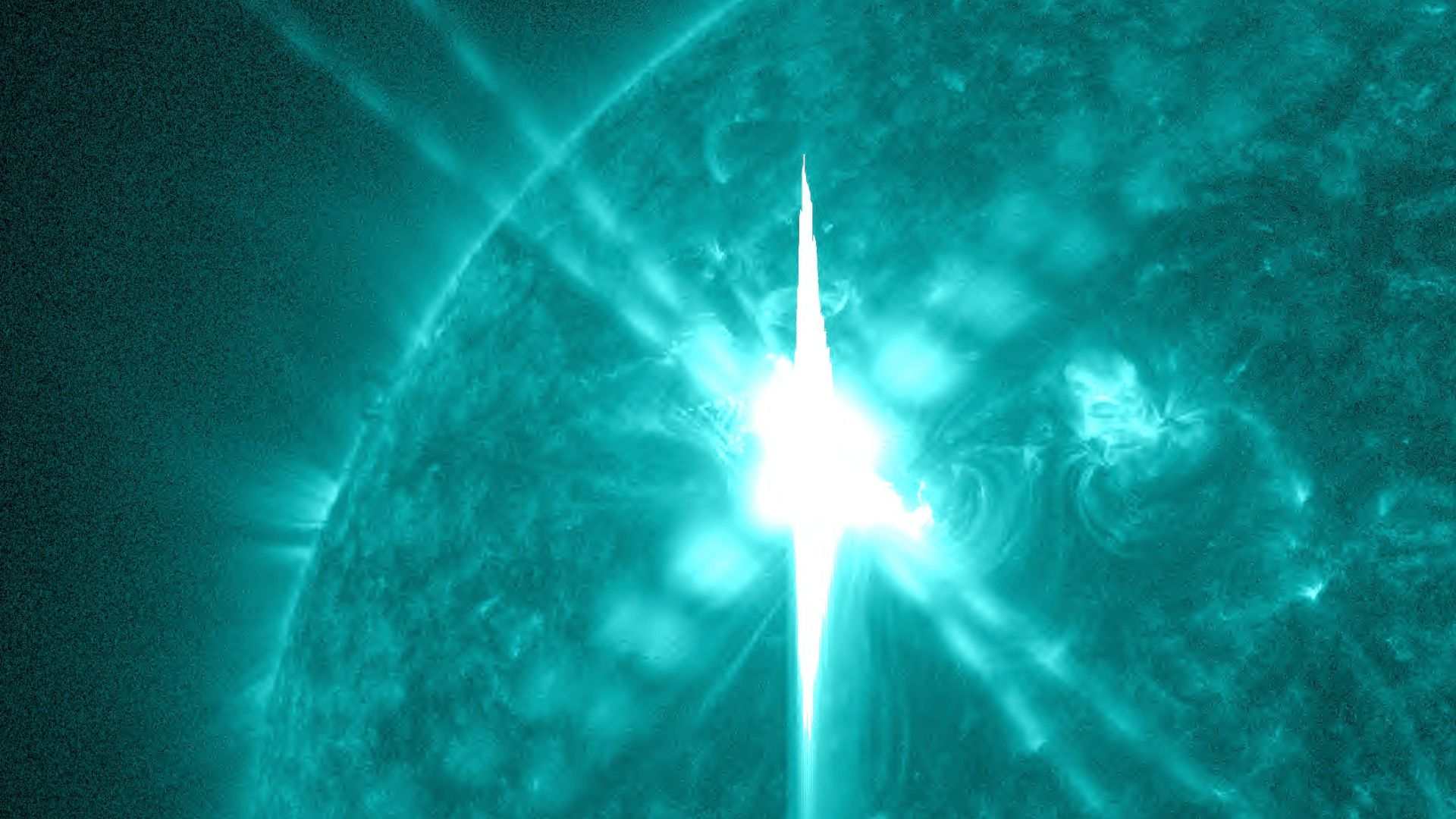
Source: NASA Goddard Space Flight Center/Wikimedia Commons
The existence of self-awareness and subjective experience supports the notion of a creator who imbues life with consciousness, challenging atheistic materialism.
The Kalam Cosmological Argument
The Kalam Cosmological Argument states that everything with a beginning has a cause. Since the universe began to exist, it must have a cause. This cause, proponents argue, must be transcendent and intelligent.
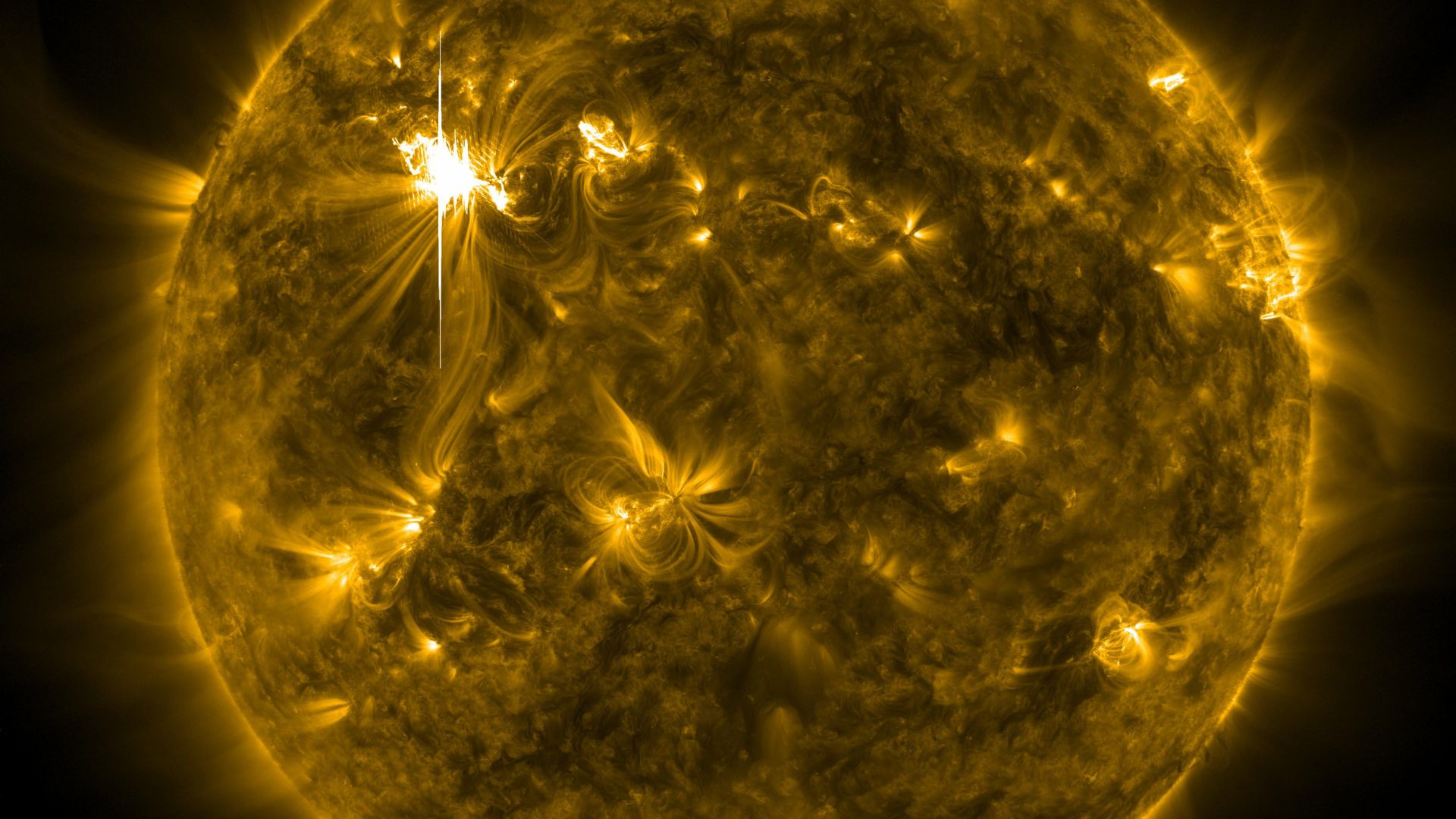
Source: NASA Goddard Space Flight Center/Wikimedia Commons
The argument complements scientific discoveries about the universe’s origin, suggesting a divine creator rather than a random occurrence.
The Multiverse Theory
The multiverse theory suggests numerous universes with varying laws of physics. While some atheists use this to explain fine-tuning, it lacks empirical evidence.
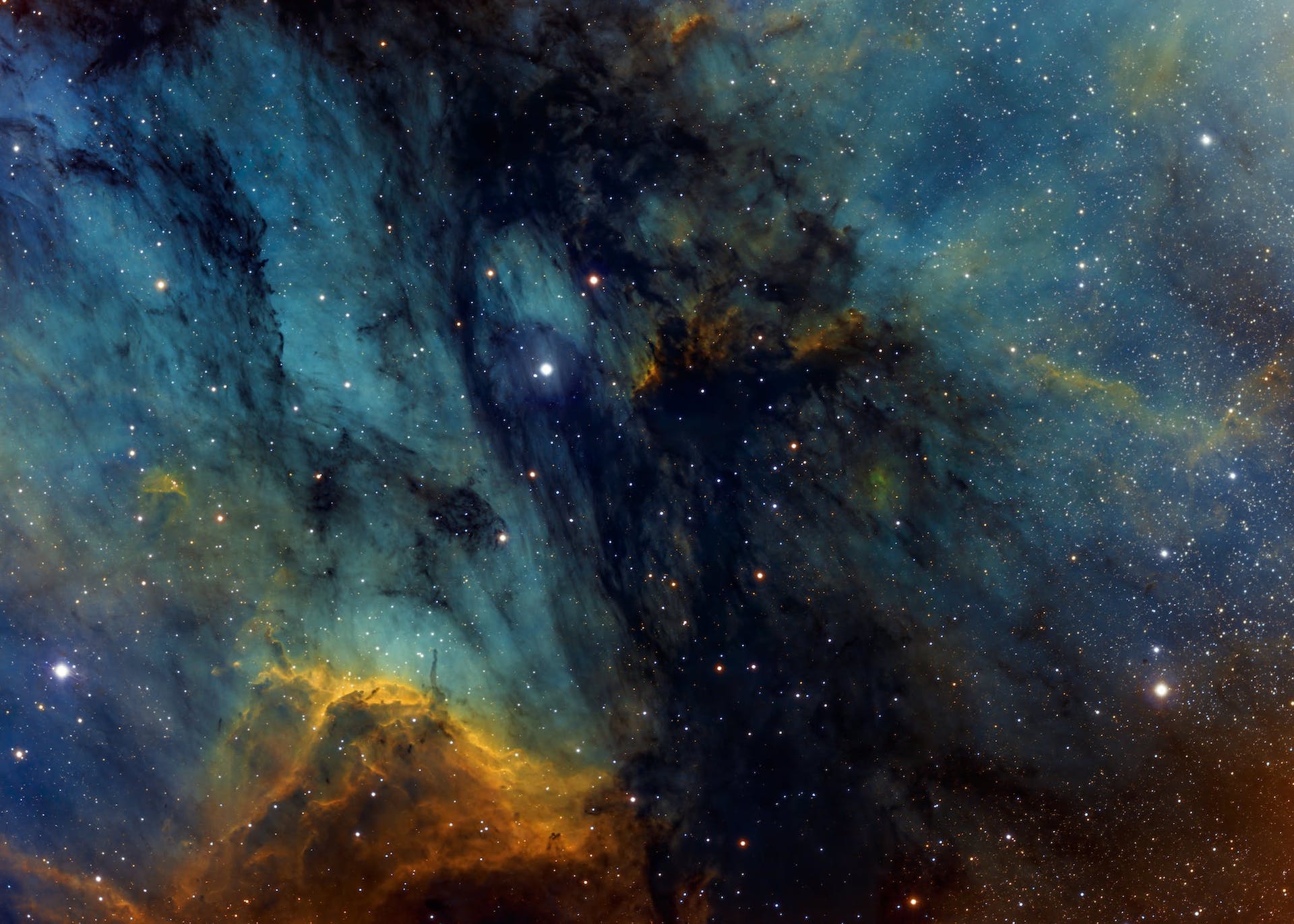
Source: Robert Gruszecki/Pexels
Critics argue that the multiverse theory raises more questions than it answers. The debate highlights the challenges in explaining the universe’s fine-tuning without invoking intelligent design.
The Moral Argument for God's Existence
Universal moral values suggest the presence of a moral lawgiver. Objective moral truths, which transcend cultures and eras, point to a higher source.

Source: Timothy Eberly/Unsplash
This argument posits that a transcendent God best explains these universal morals. The existence of innate ethical principles challenges the atheistic view of morality as a human construct.
The Role of Mathematics in the Universe
There is an idea that the universe operates on precise mathematical principles. The elegance and consistency of these laws suggest a rational designer. Mathematical structures in nature point to intentional design.

Glen Van Brummelen/Historia Mathematica
The inherent orderliness of the universe’s mathematics challenges the idea of a random, purposeless cosmos.
The Limitations of Naturalistic Explanations
Naturalistic explanations often fall short in accounting for life’s origin and complexity. Relying solely on natural processes overlooks the possibility of purposeful design.

Source: K2 Production/Pexels
The gaps in naturalistic theories invite consideration of intelligent design as a viable alternative. This perspective challenges the atheistic rejection of a creator.
Testimonies from Prominent Scientists
Many renowned scientists have expressed belief in a higher power. Nobel laureate Arthur Compton said, “An orderly universe that conforms to the laws of physics must have a divine origin.”

Source: Freepik
Such testimonies add credibility to the idea of intelligent design. Highlighting these views supports the argument for a creator.
The Evolutionary Argument Against Naturalism
Philosopher Alvin Plantinga argues that if evolution and naturalism are both true, our cognitive faculties may be unreliable. Natural selection favors survival, not truth.
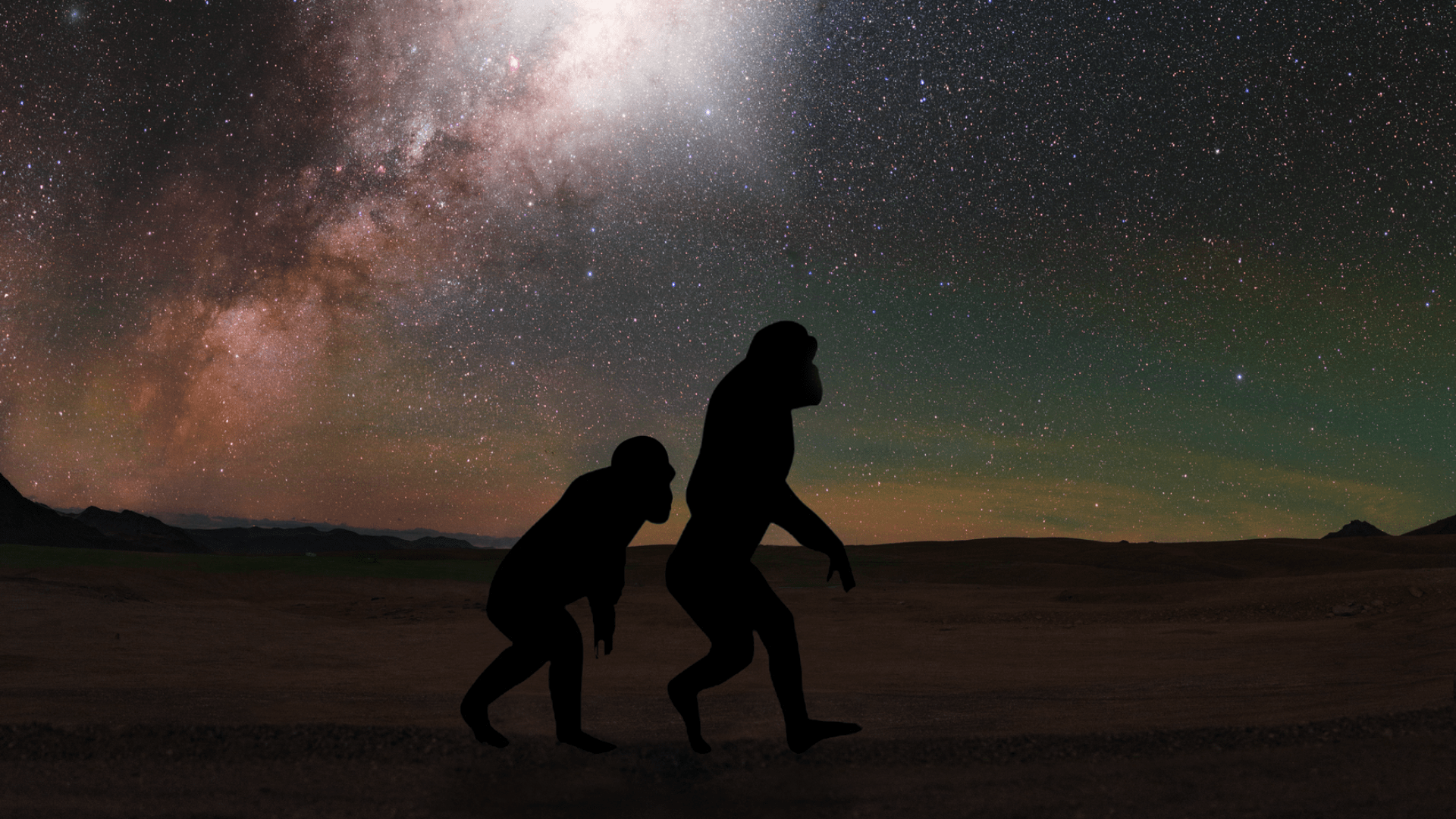
Hubble Space Telescope/Wikimedia Commons
This paradox challenges the trust in human reason and science under atheism. It suggests a designed and purpose-driven universe where cognitive faculties are reliable.
The Intersection of Science and Theology
Science and theology can coexist and complement each other. Scientific discoveries can enhance spiritual understanding, suggesting that the pursuit of knowledge leads to greater appreciation of a divine creator.

Source: Freepik
This perspective bridges the gap between scientific inquiry and faith, supporting the idea that both can point to intelligent design.
Future Scientific Discoveries
Future scientific discoveries may further support or challenge the God hypothesis. Anticipating new findings encourages curiosity and dialogue about the universe’s origins.

Source: Alex Ingle/Schmidt Ocean Institute
Continuous exploration may reveal more about the possibility of intelligent design. This forward-looking view keeps the debate dynamic and open-ended, inviting ongoing investigation into the nature of existence.
